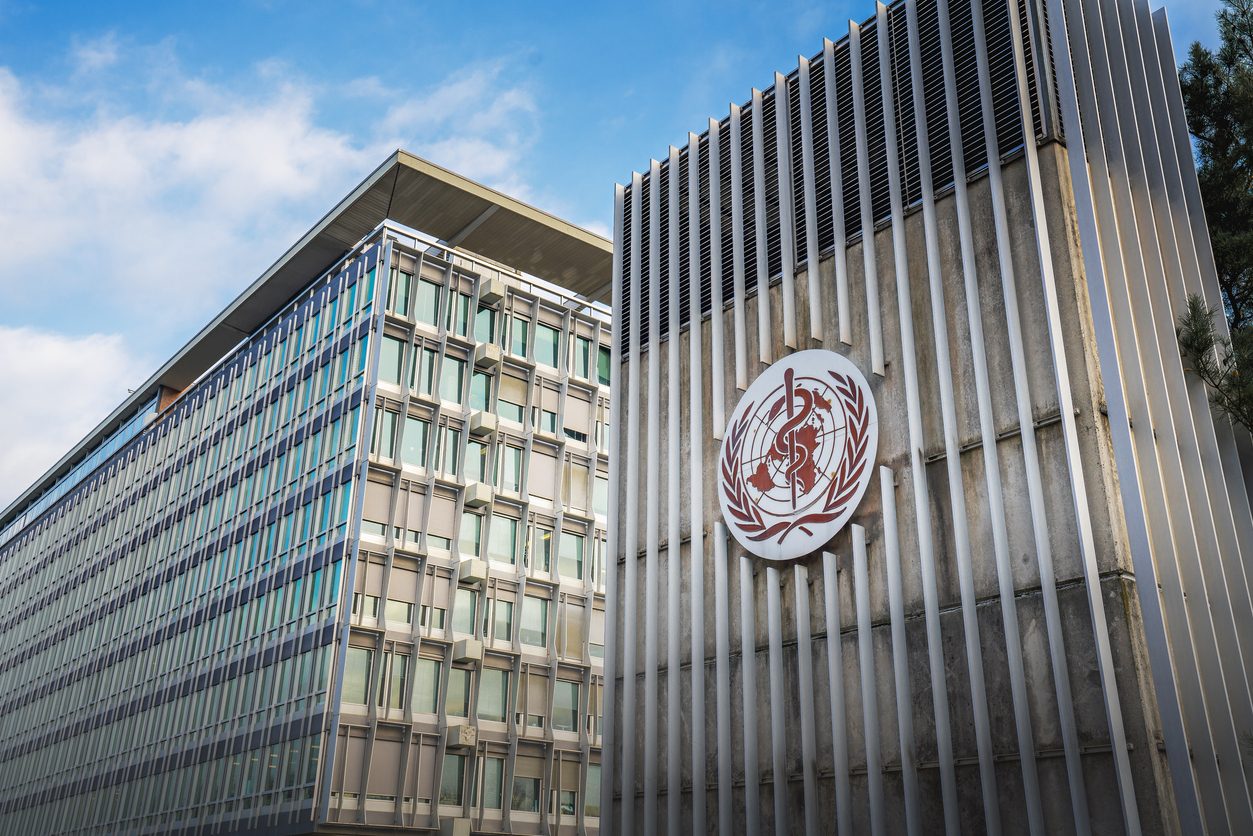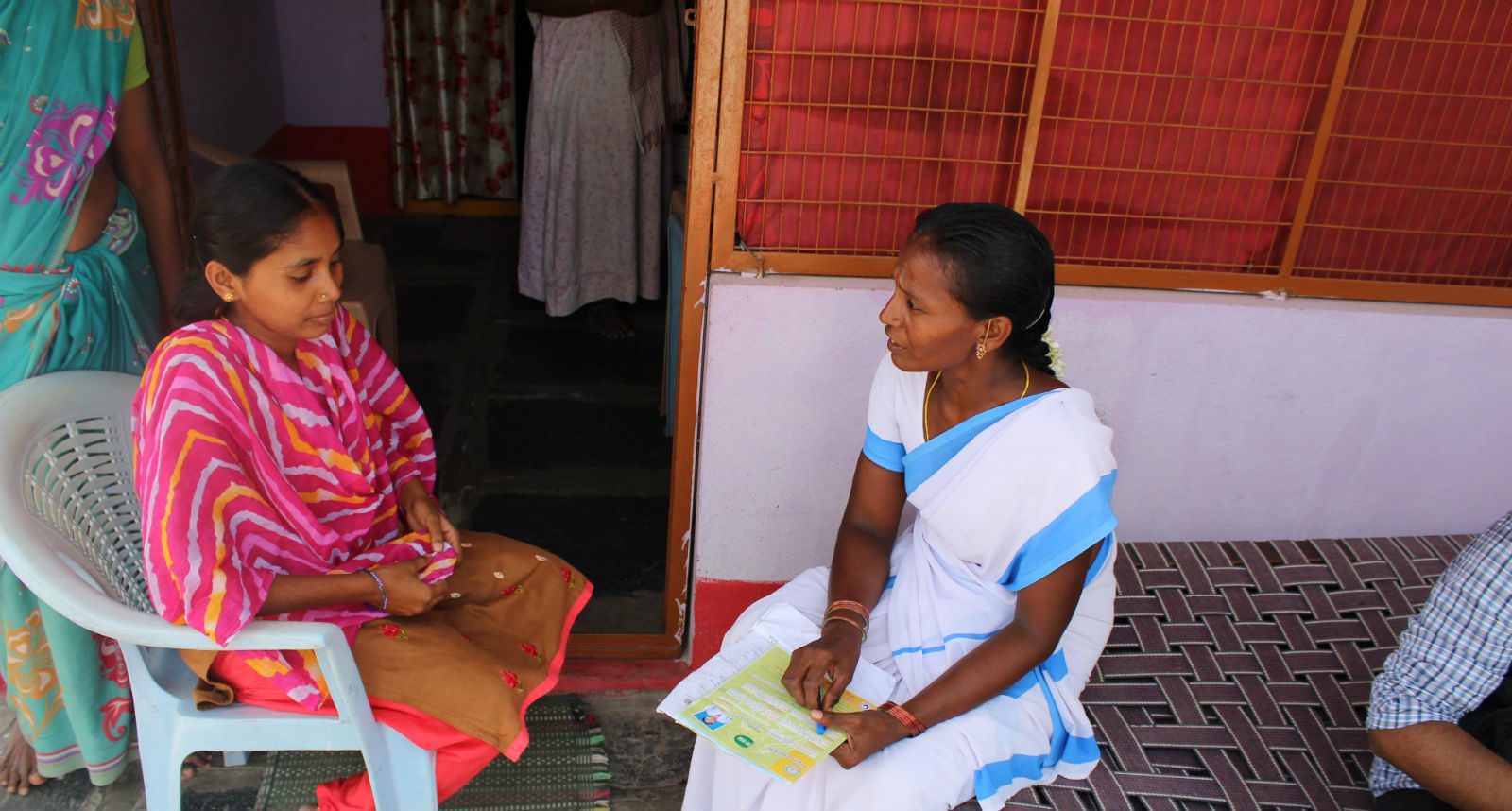As a medical research institute with a mission to improve the health of millions of people worldwide, The George Institute for Global Health is extremely concerned by the decision of President Trump to withdraw the United States (US) from the World Health Organization (WHO).
The WHO plays a vital role in protecting and promoting health around the world, not only by coordinating the global response to infectious disease outbreaks, but through strengthening health systems, increasing access to medicines, and improving monitoring and information sharing, particularly in resource-poor settings.
Recognising the WHO’s crucial work to support the right of every human being to the highest attainable standard of health, the United States of America has historically led the way in terms of its support for the agency; in 2018-2019, it was the largest contributor to WHO’s budget, providing 15% of the total.
The decision by the US to withdraw from the WHO as COVID-19 sweeps the world risks worsening the already dire consequences of this pandemic, which we know is striking hardest those most disadvantaged and marginalised in countries across the economic spectrum.
As a global community, this crisis reinforces the need to work together and strengthen the WHO, recognising that the need for a global health agency in our increasingly connected world is greater than ever. We strongly urge US political leaders to reconsider their decision.



